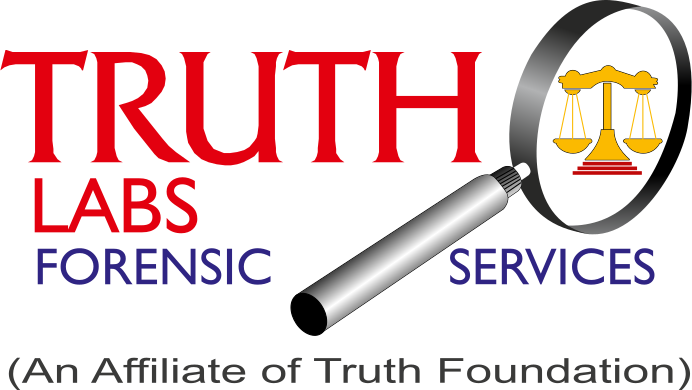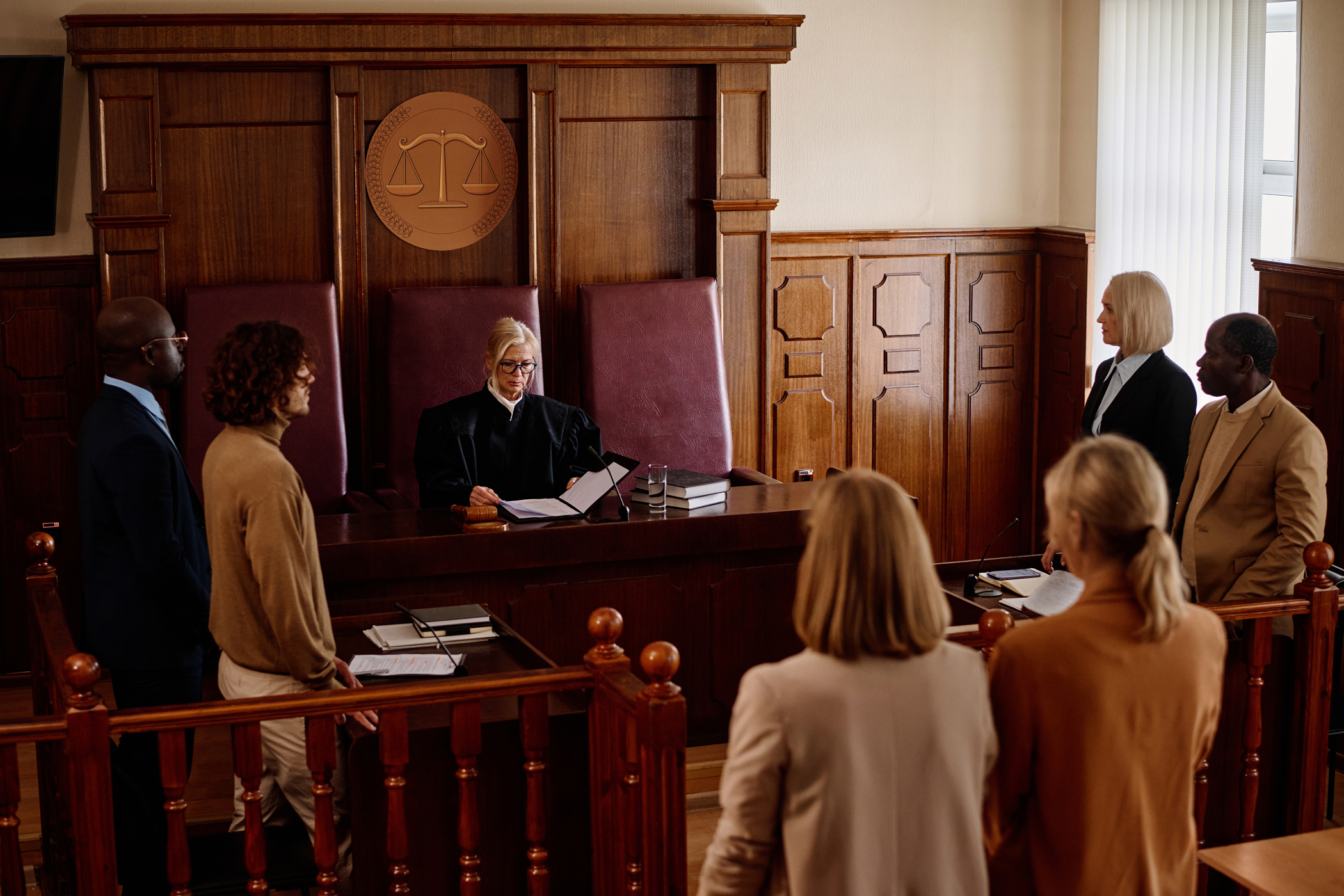Expert Testimony and the Courts
In the realm of justice, achieving truth and fairness relies on a delicate equilibrium between evidence, legal arguments, and expert testimony. Expert testimony, an invaluable form of evidence, plays a pivotal role in ensuring that justice prevails, victims find redress, and legal verdicts align with the law. Throughout the process of forensic analysis, encompassing data collection, preservation, analysis, and maintaining the chain of custody, this role becomes even more pronounced.
Expert Medical Testimony is a linchpin in numerous criminal and civil cases, especially those involving personal injury, medical malpractice, or criminal acts. These specialized testimonies draw upon the wisdom and expertise of recognized medical professionals in their respective fields. Similarly, experts in various forensic sciences contribute their insights, interpretations, and opinions based on their specialization, often significantly influencing case outcomes.
The journey commences with meticulous data collection, a foundational step in expert medical testimony. Whether it’s evidence from crime scenes or medical examinations, precision and attention to detail are paramount. Collaborative efforts of forensic experts and medical professionals ensure no detail goes unnoticed. Every sample, photograph, and document is handled with care to preserve its integrity, as any lapses can jeopardize evidence and lead to miscarriages of justice.
Preservation of collected evidence becomes paramount after data collection. This process guarantees that biological samples, documents, and both digital and physical evidence remain unaltered and uncontaminated until presented in court. Proper storage, sealing, and labeling are essential to maintain the chain of custody and establish evidence reliability. In cases involving DNA or blood samples, even slight mishandling can render the evidence inadmissible.
Expert medical testimony often pivots on forensic analysis to unearth the facts. Specialized professionals, such as forensic pathologists, toxicologists, DNA analysts, cyber forensics, and audio-video forensic experts, are summoned to examine the evidence, provide interpretations, and draw conclusions. Their work merges scientific expertise with legal scrutiny, and, in many cases, this analysis definitively connects suspects to crimes or proves the innocence of accused individuals.
Once forensic analysis concludes, experts must craft comprehensive reports, acting as the bridge to the courtroom. These reports elucidate findings, methodologies, and conclusions, serving as critical tools for attorneys and judges to comprehend complex medical and scientific evidence. A well-structured, transparent report can be the linchpin of successful expert medical testimony.
Throughout this process, the chain of custody acts as a legal safeguard, documenting evidence handling from collection to presentation in court. It’s indispensable for establishing evidence authenticity and credibility, ensuring it remains untampered, uncontaminated, and properly managed. The chain of custody upholds fairness and integrity in the judicial process.
Expert medical testimony plays a transformative role in the pursuit of justice. It determines guilt or innocence in criminal cases, aids victims in seeking compensation and closure in civil matters, and holds medical professionals accountable for malpractice, protecting patient rights and well-being.
In the intricate web of the legal system, expert testimony serves as a beacon of truth and justice. From data collection to the chain of custody, each step in forensic analysis ensures accurate evidence preservation and presentation in court. Expert medical testimony, backed by forensic professionals’ expertise, delivers justice, holds wrongdoers accountable, and upholds the legal system’s commitment to truth and fairness. It transcends being a mere courtroom witness; it’s the guardian of justice itself.
Truth Labs has an impressive track record, with experts providing testimony in over 6000 cases during the past 15 years. They cover a wide array of areas, including questioned documents, signature forgery, alterations, document tampering, disputed fingerprints, audio and video authentication, medico-legal matters, insurance fraud investigations, paternity disputes, physiochemical and biochemical analysis, polygraph testing, ballistics, and DNA analysis.



